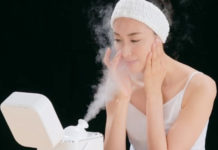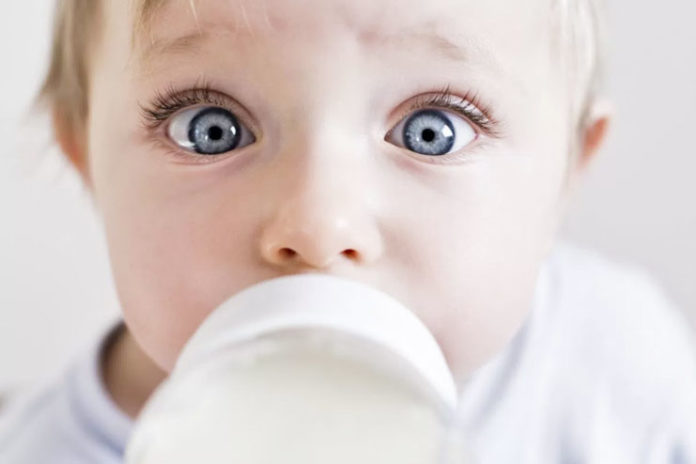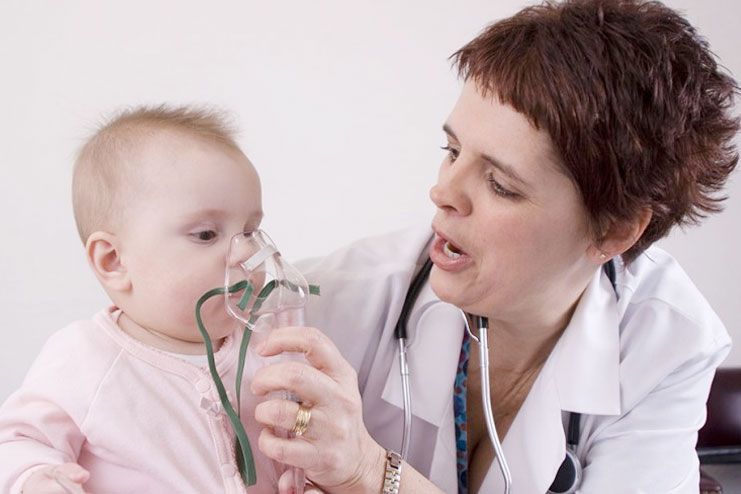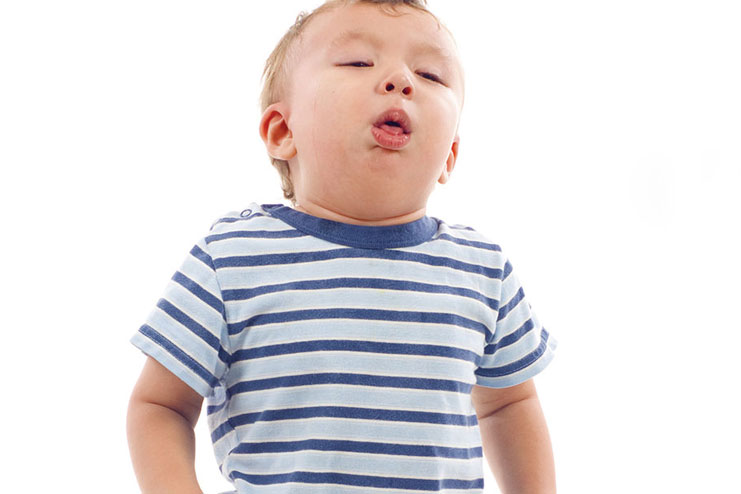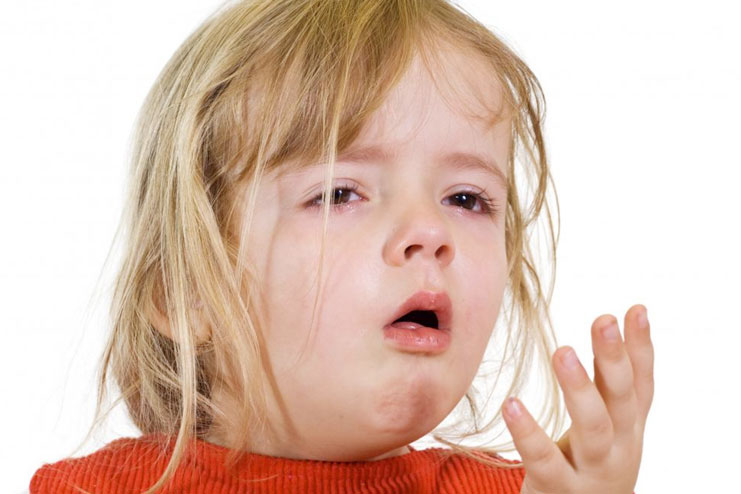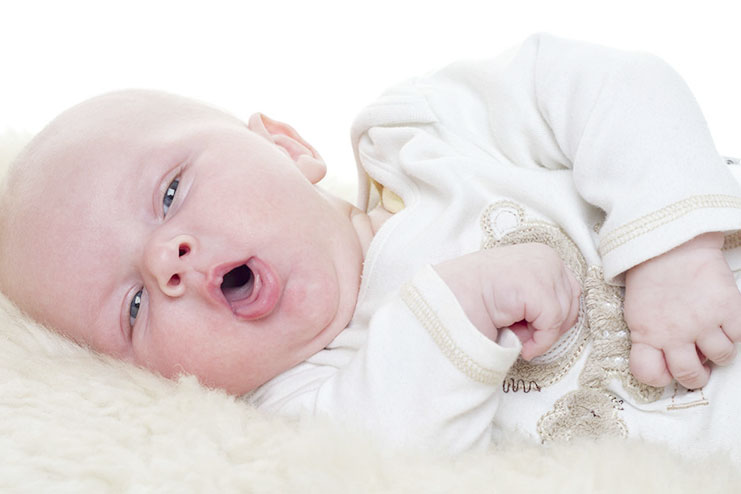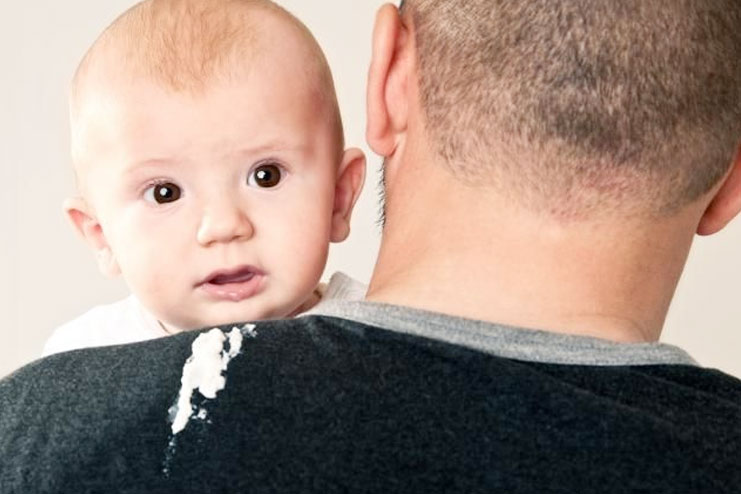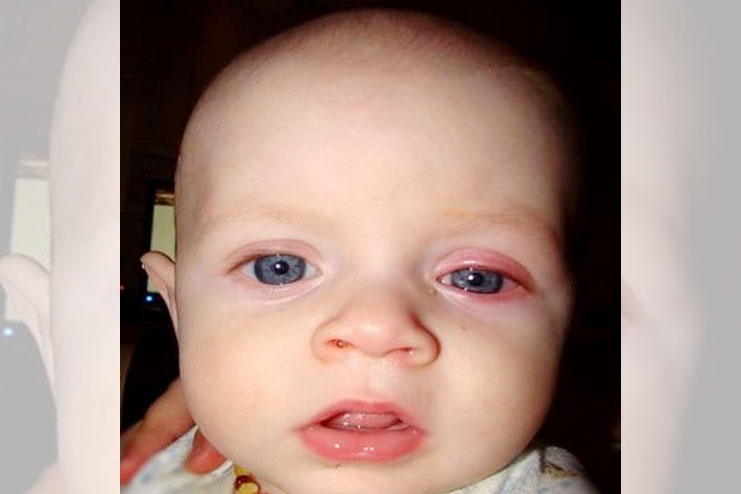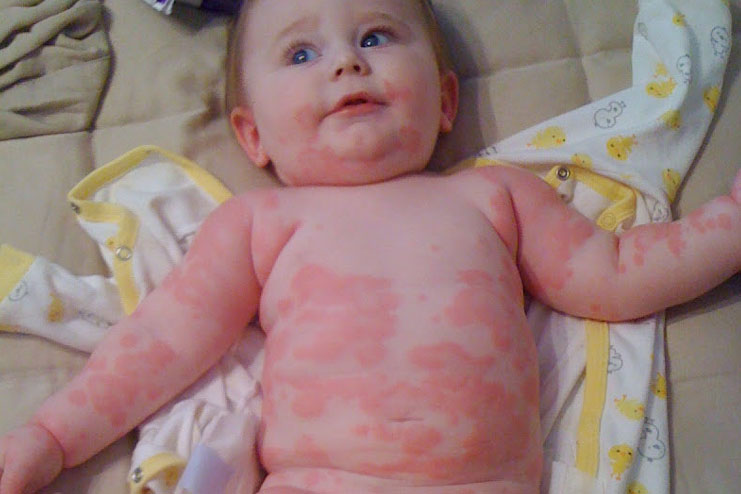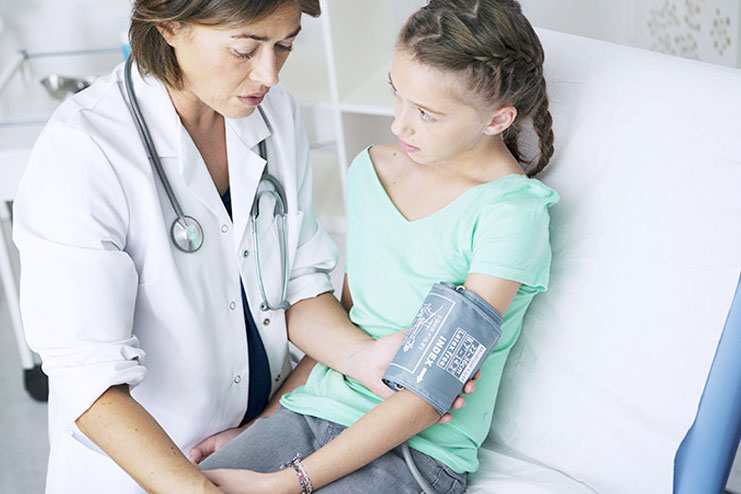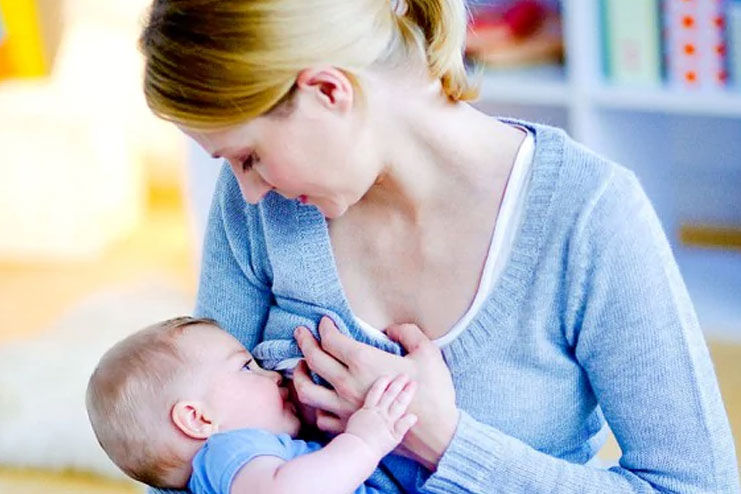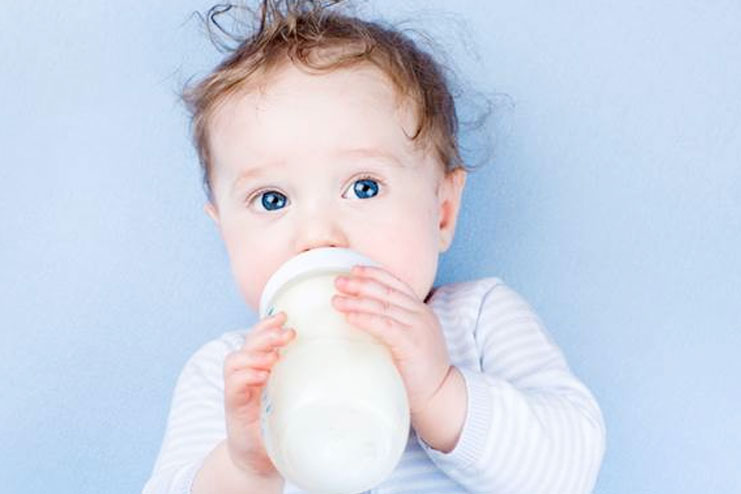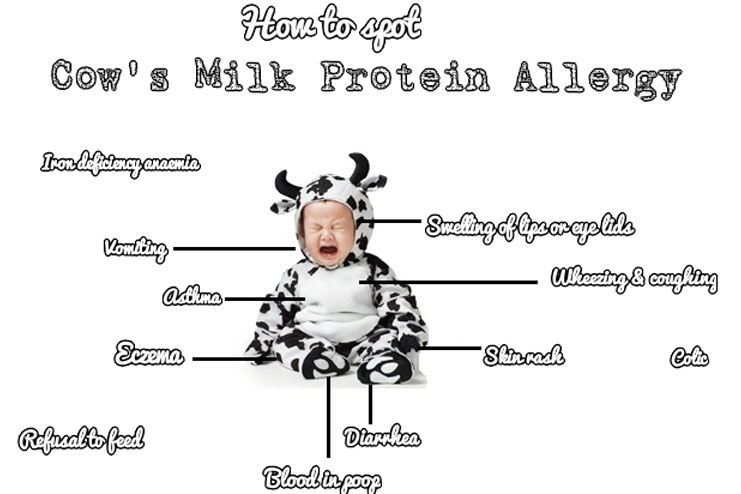Milk allergies are common in babies and around 5% of all babies have this. They generally outgrow it by age 5 and do not show any symptom ahead. Here we have some milk allergy symptoms in babies to check in your little ones. Milk allergy and milk intolerance are different and must not be confused. Milk allergy occurs when the baby’s immune system reacts negatively to the proteins in cows milk. The body releases histamines to fight the proteins. These cause allergic reactions.
Milk Allergy Symptoms In Babies Include:
1- Wheezing:
A whistling sound made while breathing. It may be different from usual cough and cold. It shows labored breathing and chest congestion, as if something is obstructing bronchial passage. It often appears as difficulty in breathing.
2- Coughing:
Milk allergy triggers coughs and children immediately show after the consumption of milk, as they begin coughing. The body releases histamine to counter proteins in milk and this causes severe coughing.
3- Throat tightness:
Children often show uncontrolled coughing and result in throat tightness. This also causes severe discomfort to the child. For any severe issues, call 911 immediately as allergic reactions may cause serious results.
4- Upset stomach:
Children undergo stomach upsets frequently and mostly soon after consuming milk. They feel cramps in lower abdomen, sore tummy, tummy ache in addition to uncomfortable bouts of bloating and gas. It may even cause diarrhea, nausea and other severe symptoms in addition.
[Read: Natural remedy for ear infection in kids]
5- Vomiting and diarrhea:
Due to the allergic reaction to milk, the body triggers histamine, which again stimulates vomits and diarrhea. Kids generally throw up as soon as they consume milk, and for some other kids its a few hours later. The allergic child may get more severe impacts from consuming milk.
6- Itchy, watery and swollen eyes:
Eyes are very sensitive, and due to wheezing and coughing they get swollen. The kids are unable to hold up as they are restless and sometime itchy watery eyes are more prominent.
7- Hives:
Hives are common allergic triggers on skin arising from milk consumption in allergic kids. The skin breaks out within minutes due to allergic reactions. Hives are red and raised spots on the skin of the child. Release of chemical histamine causes tiny blood vessels under the skin to leak. This fluid accumulates within the skin to form spots.
[Read: Life skills every kids should know]
8- A drop in blood pressure:
Some severe cases also see a steep drop on blood pressure, which causes lightheadedness and loss of consciousness.
How to Treat Milk Allergy in Children:
1- For formula fed babies:
If your baby is formula fed you would have to switch to a different formula which does not have cows milk contents. Also be careful as babies with milk allergies are mostly allergic to soy based formulas too. Opt for the formula your doctor suggests
2- For breastfed babies:
For breast fed babies, the mothers would have to keep milk and all dairy products off their diet. they may have to consume calcium supplements for their daily nutrition. As dairy based calcium would trigger the reactions in the child.
3- For cows milk fed babies:
You will have to remove cows milk completely from your meal plan. The child may not be able to digest even a fraction of it. So switch to almond milk, soy milk or other relatively lighter options suggested by your pediatrician.
[Read: Why kids lie]
How To Diagnose Milk Allergy In Babies At Home:
1- Record your baby’s symptoms after milk feedings
2- Remove dairy from your diet and check the symptoms again
3- Be sure to write down the symptoms you see in your child.
4- They may have something else so proper diagnosis is needed
5- Colic is mostly similar to milk allergy and most often confused for their symptoms.
6- Inform your pediatrician for these symptoms.
Some precautions for preventing sever allergic reactions in babies include:
1- Avoid dairy products completely, do not indulge in a few small bites as they may also add up to allergies
2- Check labels before buying anything for kids
3- Try offering more fruits and vegetables than dairy products
4- Carry your child’s epinephrine auto-injector pens always to prevent severe reactions
5- Keep their vitamin C levels up as Citrus is a natural anti-histamine, it not only curbs histamine but also prevents over production of histamines too.
6- Don’t feed canned or outside food as there maybe milk contents
The above compilation on Milk allergy symptoms in babies is based on experiences and research over time. There are ample cases where milk allergies were not identified or treated which caused severe impacts. It is thus advisable to see your pediatrician immediately as soon as you see any of the symptoms in your little one. Also do not give too much milk instantly, but a few ounces to check the allergies first. Children may also not show allergic reactions instantly so wait for a few days to see their reactions. And then proceed accordingly.
Share ahead and keep writing us, we love hearing from you!
Minu Manisha










